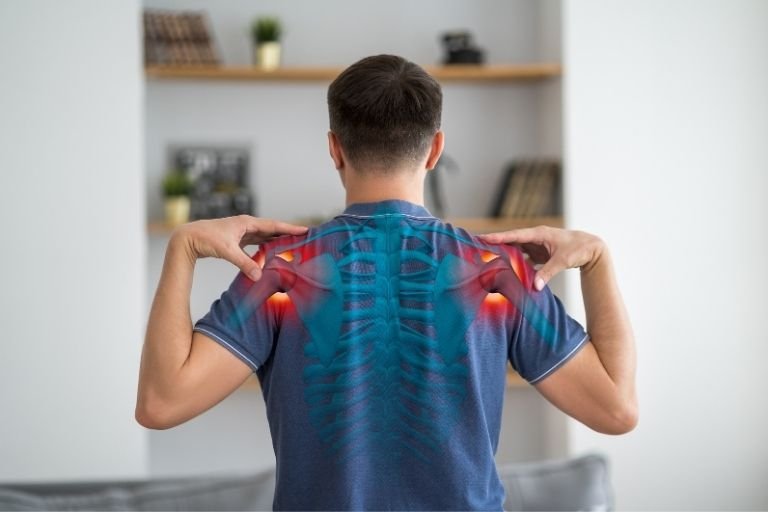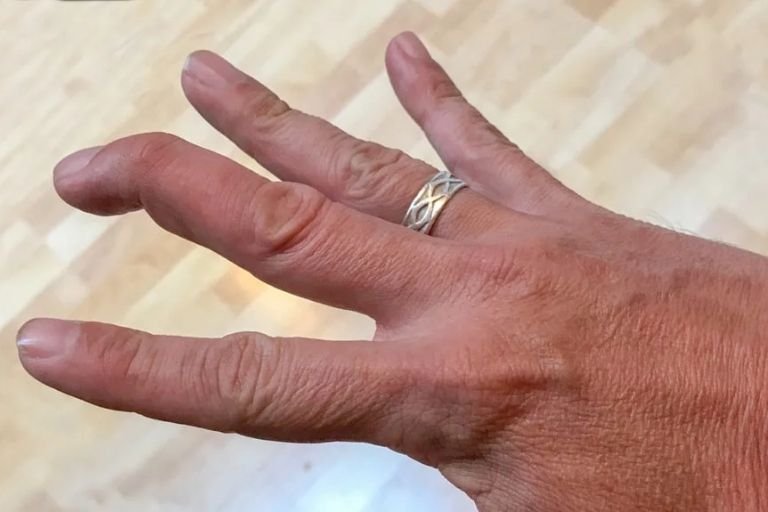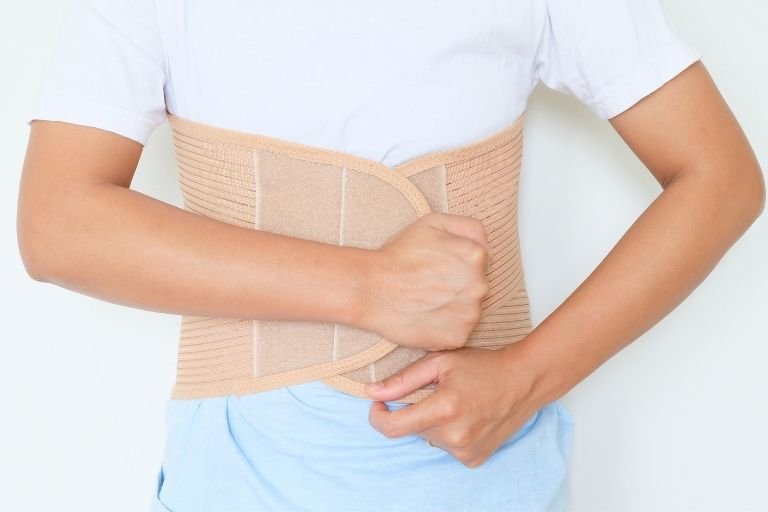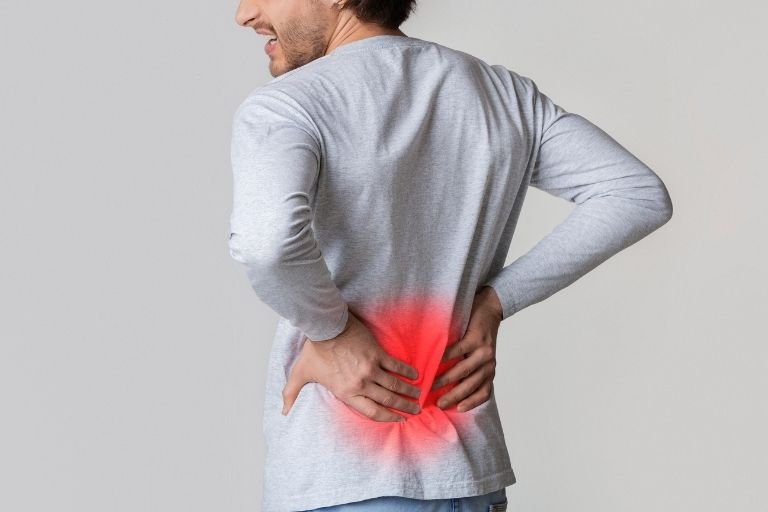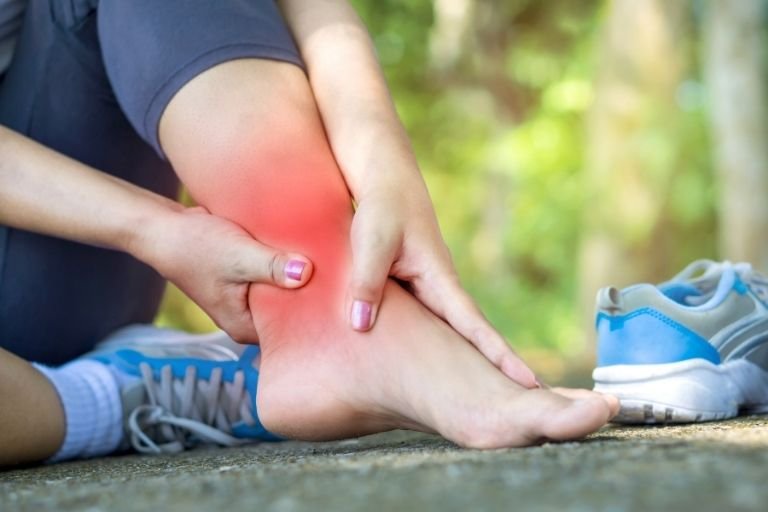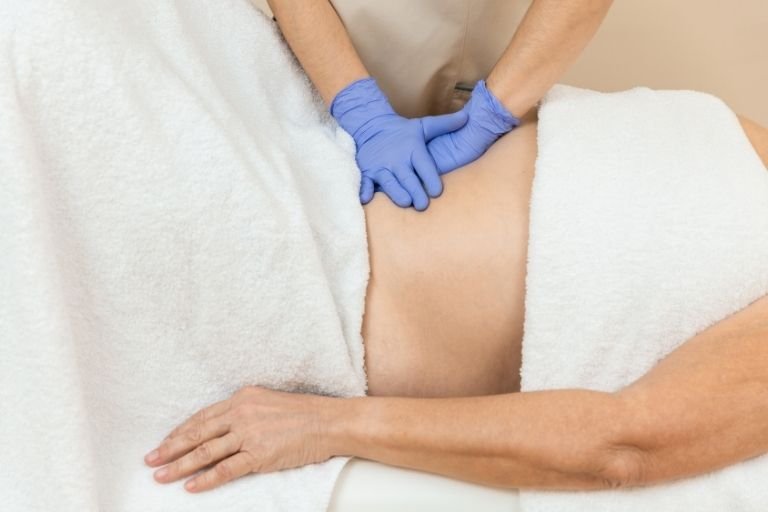- Fitwell Physiotherapy
Muscle Dystrophy

Muscular dystrophy (MD) is a group of inherited genetic disorders characterized by progressive muscle weakness and degeneration. It affects the muscles responsible for movement and can also impact the heart and respiratory muscles.
Please submit your details below.
Symptoms
The symptoms of muscular dystrophy vary depending on the type, but common signs include:
- Progressive Muscle Weakness: Difficulty with walking, running, and jumping; frequent falls.
- Muscle Atrophy: Gradual reduction in muscle mass.
- Difficulty with Motor Skills: Problems with coordination and balance.
- Respiratory Issues: Trouble breathing due to weakened diaphragm and other respiratory muscles.
- Cardiovascular Problems: Issues with the heart muscles, leading to cardiomyopathy.
- Skeletal Deformities: Development of scoliosis, joint contractures, and other skeletal abnormalities.
- Fatigue: Constant tiredness due to muscle weakness.
Different types of MD have specific symptoms. For example, Duchenne Muscular Dystrophy (DMD) primarily affects boys and includes symptoms like enlarged calf muscles and walking on toes.
Causes
Muscular dystrophy is caused by genetic mutations that interfere with the production of proteins needed to form healthy muscle. These mutations can be inherited from parents (X-linked recessive, autosomal recessive, or autosomal dominant inheritance patterns) or can occur spontaneously.
Common Types of MD:
- Duchenne Muscular Dystrophy (DMD): Caused by mutations in the DMD gene, which encodes the protein dystrophin.
- Becker Muscular Dystrophy (BMD): Similar to DMD but less severe, due to partially functional dystrophin.
- Myotonic Dystrophy: Characterized by prolonged muscle contractions and is caused by mutations in the DMPK or CNBP genes.
When to See a Physiotherapist
Consulting a physiotherapist is beneficial at various stages of muscular dystrophy. Key times include:
- Early Diagnosis: To establish a baseline and create a personalized exercise and stretching program.
- During Progression: To manage symptoms, maintain muscle function, and improve quality of life.
- Post-Diagnosis: For ongoing management, including respiratory exercises and mobility aids.
- When Complications Arise: Addressing issues such as joint contractures, scoliosis, and difficulty swallowing.
Risks
The risks associated with muscular dystrophy are primarily related to the progressive nature of the disease and include:
- Loss of Mobility: Increasing difficulty in walking and eventual reliance on a wheelchair.
- Respiratory Failure: Due to weakening of the muscles that control breathing.
- Cardiac Complications: Heart problems can become life-threatening.
- Contractures and Deformities: Permanent tightening of muscles and tendons, leading to joint deformities.
How to Prevent
Currently, there is no known way to prevent muscular dystrophy as it is a genetic disorder. However, genetic counseling can help prospective parents understand their risks. Prenatal testing and carrier screening can provide information on the likelihood of passing the disorder to offspring.
Treatments
While there is no cure for muscular dystrophy, treatments aim to manage symptoms and improve quality of life. These include:
- Medications: Corticosteroids to slow muscle degeneration, and heart medications to manage cardiac issues.
- Physical Therapy: Exercises to maintain muscle strength and flexibility, prevent contractures, and improve mobility.
- Occupational Therapy: Assistive devices and strategies to maintain independence in daily activities.
- Respiratory Therapy: Breathing exercises and ventilatory support to assist with respiratory function.
- Surgical Interventions: Corrective surgery for scoliosis or contractures, and procedures to improve heart function.
- Gene Therapy and Research: Ongoing research into gene therapy and other innovative treatments holds promise for future interventions.
Regular follow-ups with a multidisciplinary healthcare team, including neurologists, cardiologists, and physiotherapists, are essential for managing muscular dystrophy effectively.
Frequently Asked Questions
Related Conditions
How Fitwell Physiotherapy Can Help?
Dr. Richa’s Fitwell physiotherapy has an extensive team of physiotherapists all within their own specialist areas of physiotherapy. Whatever your condition, we guarantee that we will have the best physiotherapist for you. We assess, diagnose, plan, cure and care for you.
Fitwell Physiotherapy Clinic, Pune provides you best physiotherapy treatment in Kharadi, pune. We also serve Chandan Nagar, Vadgaon Sheri, Keshav Nagar, Wagholi & nearby Areas in Pune. We are experts in treating Neck Pain, Hand Pain, Back Pain, Lower Back Pain, Knee Pain, Stiff Neck, Sciatica, Arthritis, Stroke Paralysis & Post Surgical Rehab.
We provide Specialized physiotherapy treatments in Sports Injuries, Pre and post Surgery, Neurologic, Pediatric, Chronic Pain/Fatigue, Rheumatology, Women’s Health, Men’s Health, Ergonomics, Vestibular, Amputees & all sort of Pain treatment and lifestyle conditions.






















